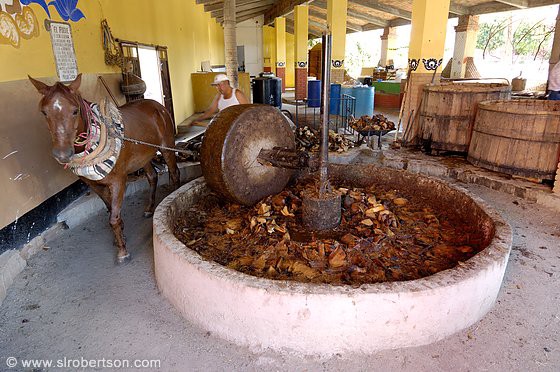John Stuart Mill on the Importance of Having Many Public Policy Analysts and Critics Outside of Government
Unless it faces some form of competition, almost every institution becomes slovenly. The objective of minimizing violence overall often makes it appropriate for governments to monopolize the use of most forms of violence. But that is all the more reason that governments must face competition in the realm of ideas. A government not subject to vocal criticism is a government bound to do some part of its job very badly.
One of the downsides of a large government is that it leaves fewer people outside of government who are well equipped to give penetrating critiques of government habits and government actions. (This can be a big problem at the state, regional and local level as well as at the national level.) John Stuart Mill expresses this concern well in paragraph 22 of On Liberty “Chapter V: Applications”:
It is not, also, to be forgotten, that the absorption of all the principal ability of the country into the governing body is fatal, sooner or later, to the mental activity and progressiveness of the body itself. Banded together as they are — working a system which, like all systems, necessarily proceeds in a great measure by fixed rules — the official body are under the constant temptation of sinking into indolent routine, or, if they now and then desert that mill-horse round, of rushing into some half-examined crudity which has struck the fancy of some leading member of the corps: and the sole check to these closely allied, though seemingly opposite, tendencies, the only stimulus which can keep the ability of the body itself up to a high standard, is liability to the watchful criticism of equal ability outside the body. It is indispensable, therefore, that the means should exist, independently of the government, of forming such ability, and furnishing it with the opportunities and experience necessary for a correct judgment of great practical affairs. If we would possess permanently a skilful and efficient body of functionaries — above all, a body able to originate and willing to adopt improvements; if we would not have our bureaucracy degenerate into a pedantocracy, this body must not engross all the occupations which form and cultivate the faculties required for the government of mankind.
Note: This post is the latest in a series on John Stuart Mill’s “On Liberty” that begins on my Tumblr blog “Confessions of a Supply-Side Liberal.” Links to others can be found here:
Chapter II John Stuart Mill’s Brief for Freedom of Speech
Chapter III: John Stuart Mill’s Brief for Individuality
Chapter IV: John Stuart Mill’s Brief for the Limits of the Authority of Society over the Individual
More recents John Stuart Mill posts can be found in my
